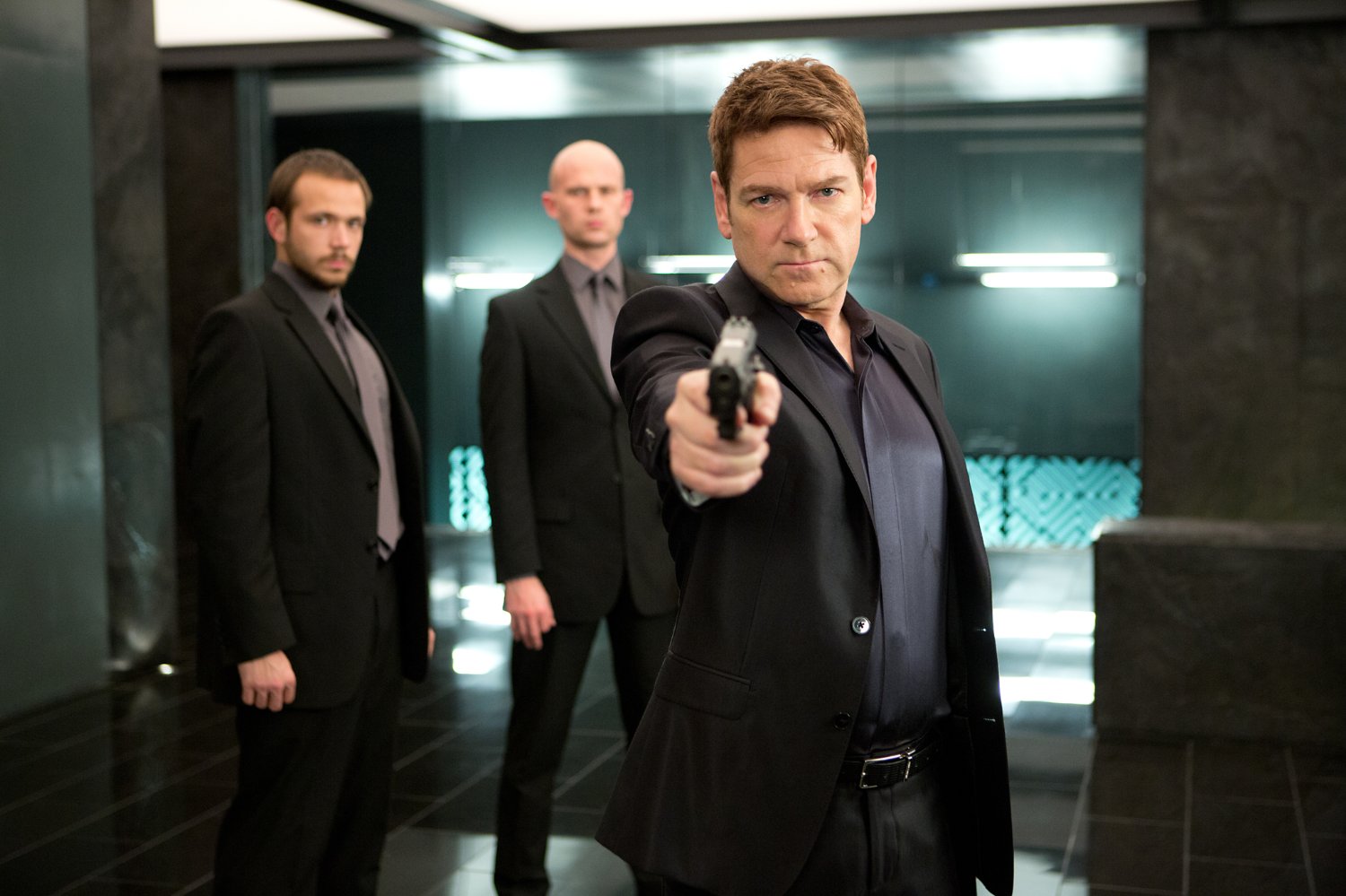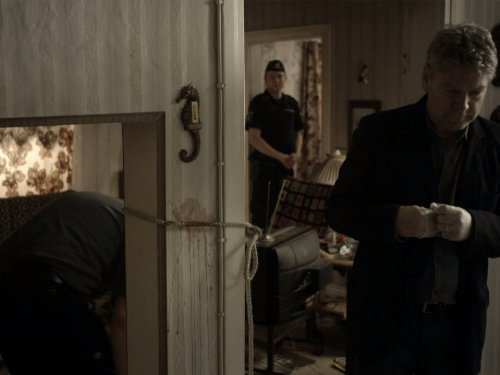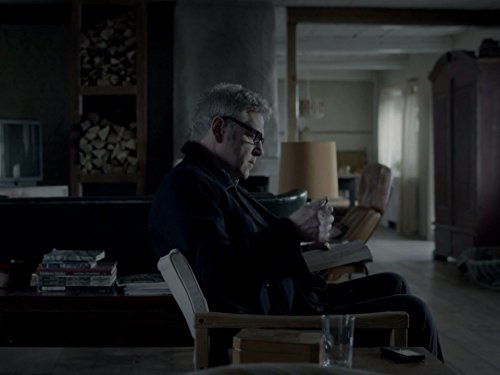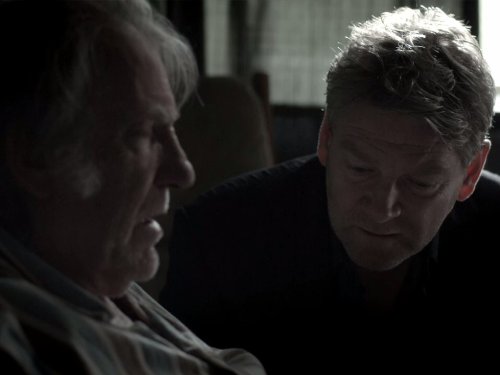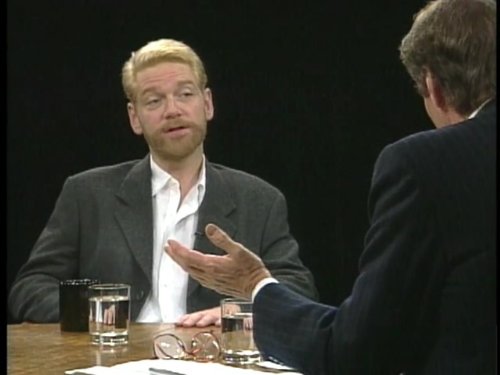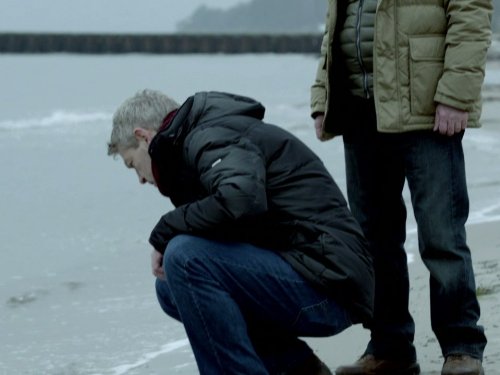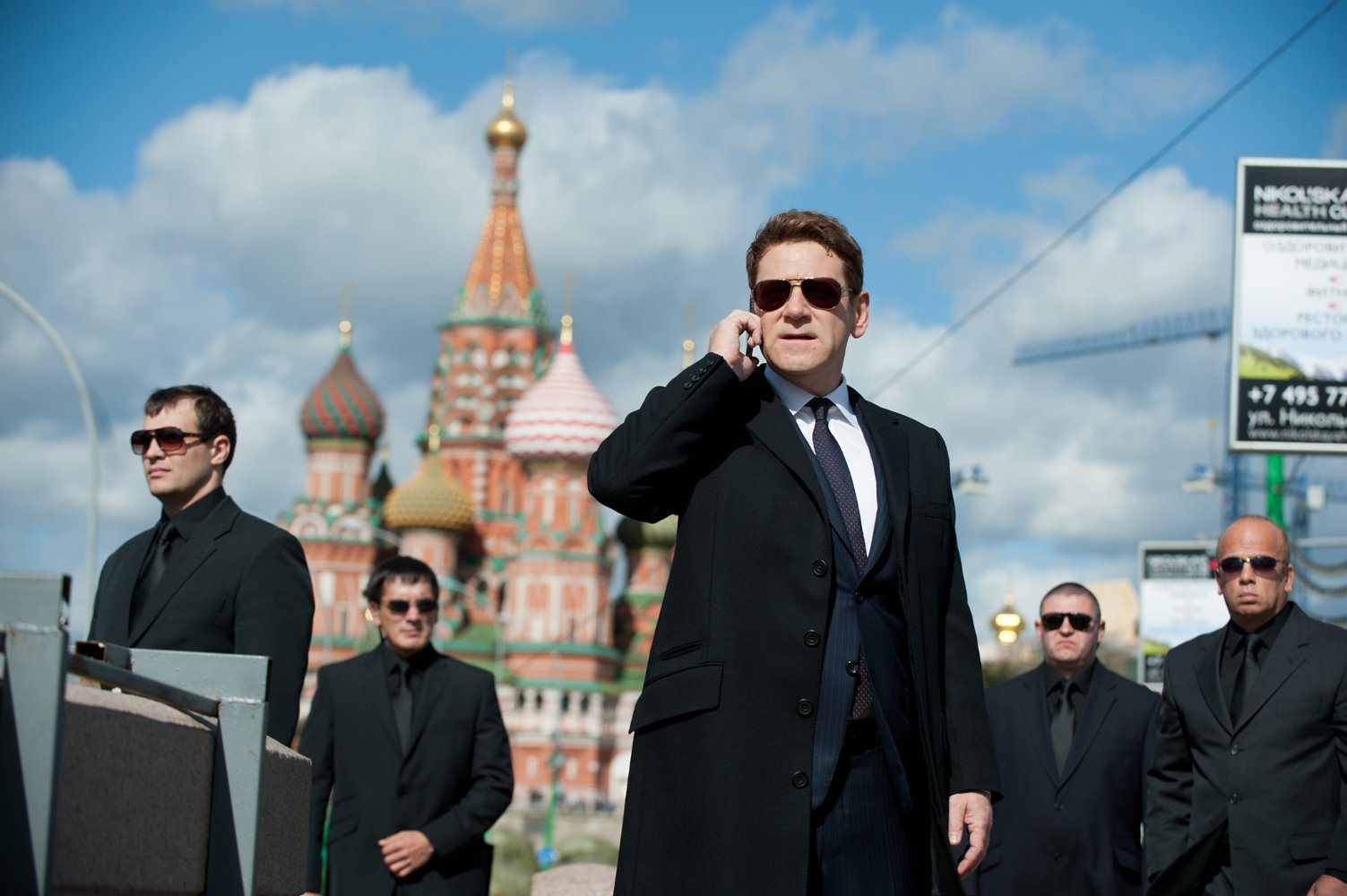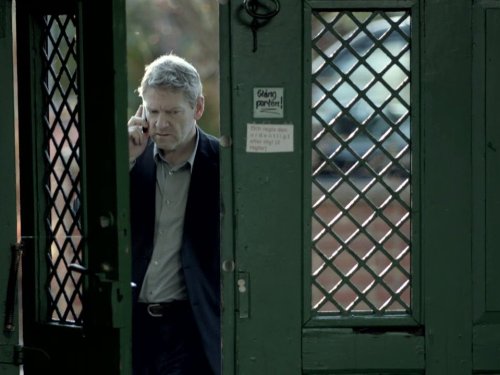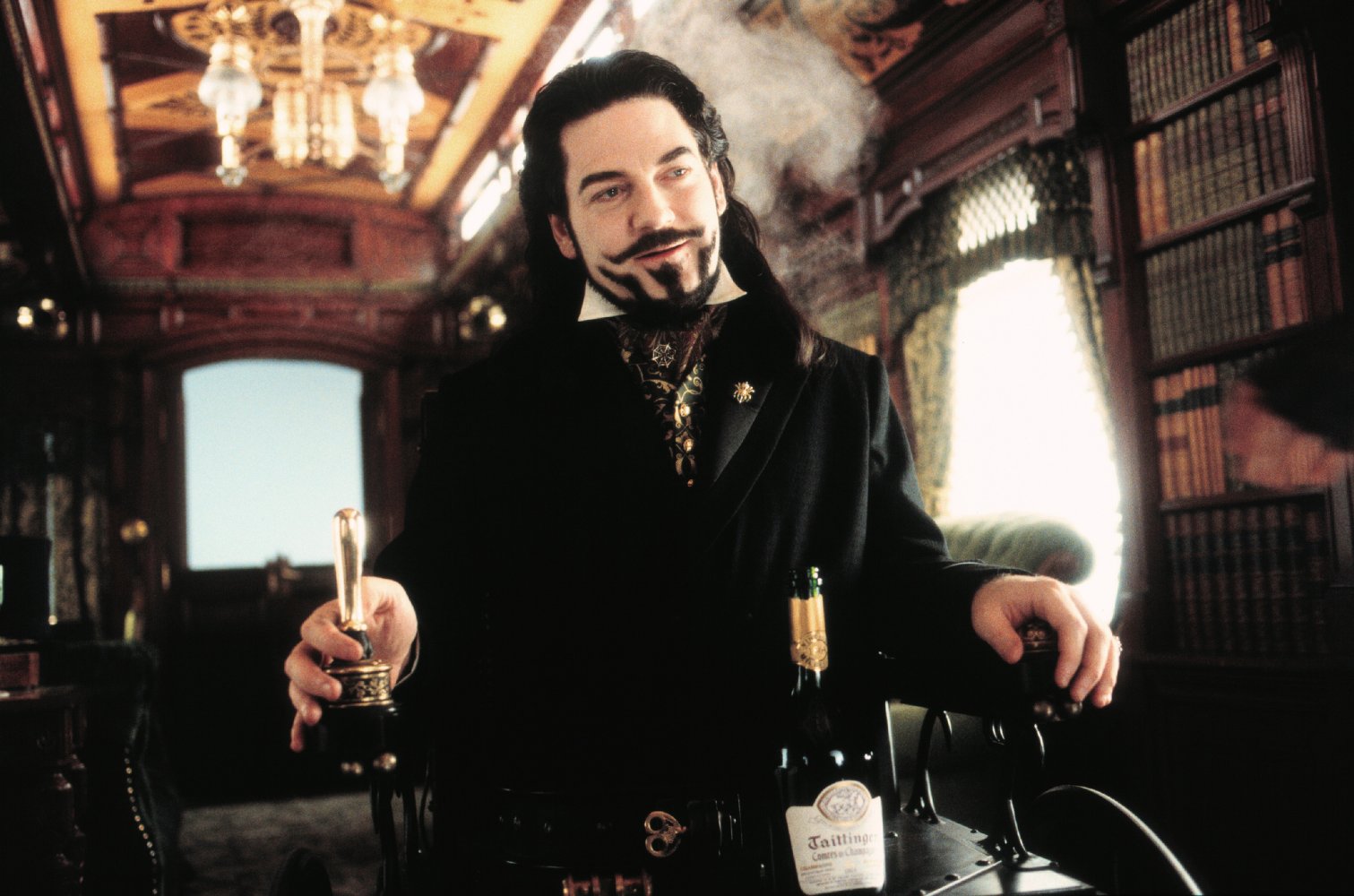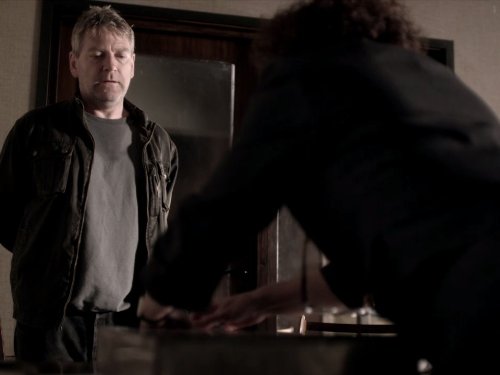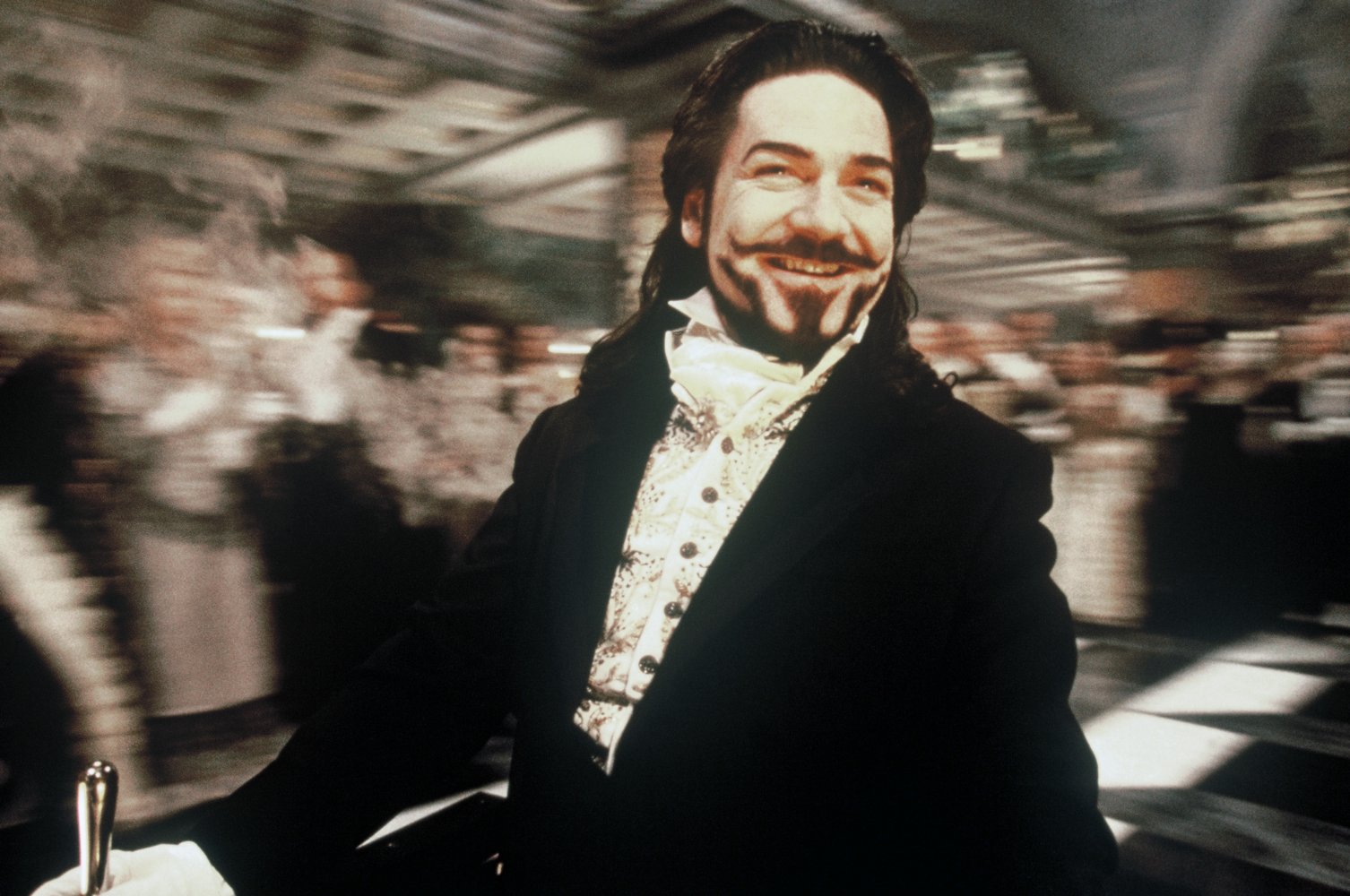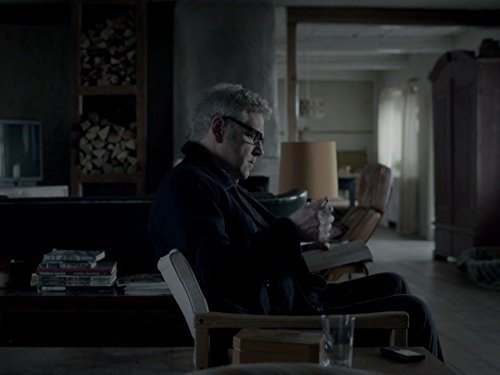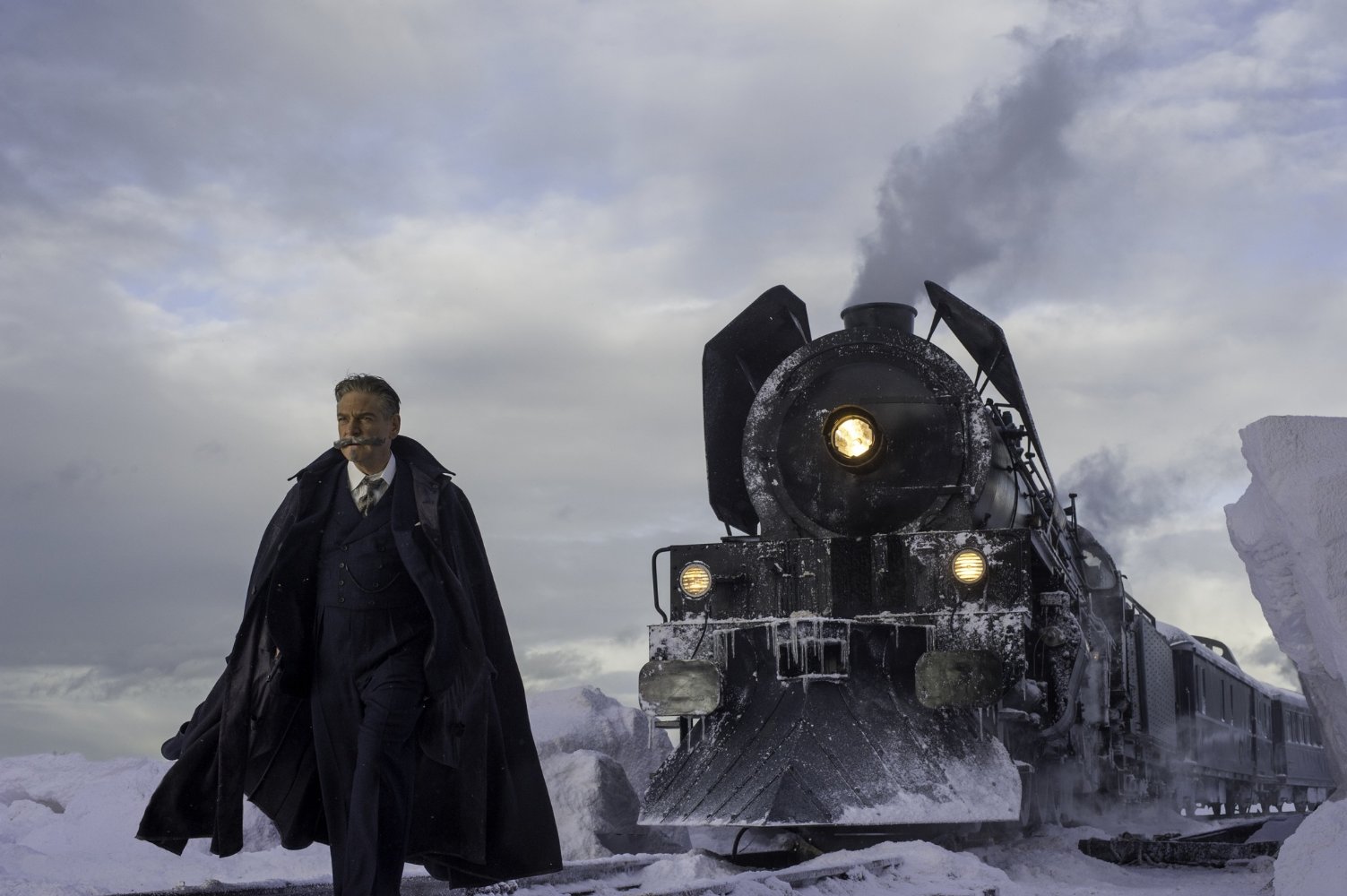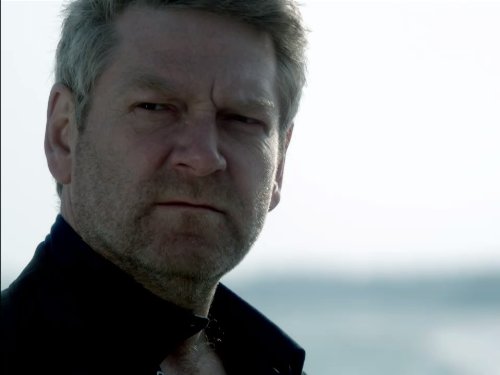Kenneth Branagh
Birthday: 10 December 1960, Belfast, Northern Ireland, UK
Birth Name: Kenneth Charles Branagh
Height: 177 cm
Kenneth Charles Branagh was born on December 10, 1960, in Belfast, Northern Ireland, UK, to parents William Branagh, a plumber and carpenter born in 1930, and Frances (Harper) Branagh, also born in 19 ...Show More
Kenneth Charles Branagh was born on December 10, 1960, in Belfast, Northern Ireland, UK, to parents William Branagh, a plumber and carpenter born in 1930, and Frances (Harper) Branagh, also born in 1930. His brother, William Branagh Jr., was born in 1955 and sister, Joyce Branagh, was born in 1970. At 23, Branagh joined the Royal Shakespeare Company, where he took on starring roles in "Henry V" and "Romeo and Juliet". He soon found the RSC too large and impersonal and formed his own, the Renaissance Theatre Company, which now counts Prince Charles as one of its royal patrons. At 29, he directed Henry V (1989), where he also co-starred with his then-wife, Emma Thompson. The film brought him Best Actor and Best Director Oscar nominations. In 1993, he brought Shakespeare to mainstream audiences again with his hit adaptation of Much Ado About Nothing (1993), which featured an all-star cast that included Denzel Washington and Keanu Reeves. At 30, he published his autobiography and, at 34, he directed and starred as "Victor Frankenstein" in the big-budget adaptation of Mary Shelley's novel, Mary Shelley's Frankenstein (1994), with Robert De Niro as the monster himself. In 1996, Branagh wrote, directed and starred in a lavish adaptation of Hamlet (1996). His superb film acting work also includes a wide range of roles such as in Celebrity (1998), Wild Wild West (1999), The Road to El Dorado (2000), Valkyrie (2008) and his stunning portrayal of Laurence Olivier in My Week with Marilyn (2011), where once again he offered a great performance that was also nominated for an Academy Award. Hide

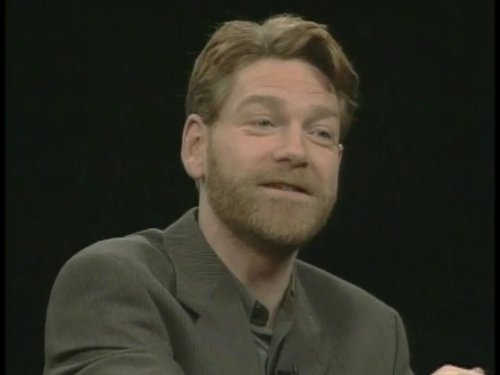
 Kenneth Branagh'S roles
Kenneth Branagh'S roles


























